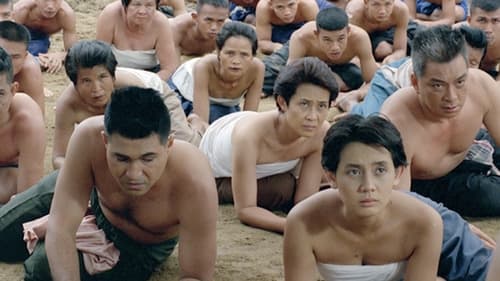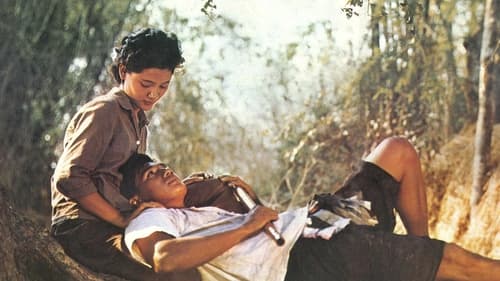Cherd Songsri
약력
Cherd Songsri (Thai: เชิด ทรงศรี, September 20, 1931 – May 21, 2006) was a Thai film director, screenwriter and film producer. A maker of period films that sought to introduce international audiences to his vision of Thai culture, his best-known work is the 1977 romance film Plae Kao (The Scar), which earned more box-office receipts than any Thai film before it. It won a prize at the 1981 Three Continents Festival in Nantes, France.

Writer
An older Nopporn looks at a simple painting and recollects the story behind it. As a young student in Japan, he once met and fell in love with Keerati, who was unhappily married to an older man.

Director
An older Nopporn looks at a simple painting and recollects the story behind it. As a young student in Japan, he once met and fell in love with Keerati, who was unhappily married to an older man.

Director

Art Direction
The true story of Muen, a Thai woman living in the 1800s under the rule of King Mongkut. At that time, women had no rights. Wives and daughters were bought and sold as if they were cattle. Muen is regarded as being the first Thai woman to stand up for women's rights.

Director
The true story of Muen, a Thai woman living in the 1800s under the rule of King Mongkut. At that time, women had no rights. Wives and daughters were bought and sold as if they were cattle. Muen is regarded as being the first Thai woman to stand up for women's rights.

Director
an Asian anthology: Mirage, Aliwan Paradise, The Tree Of Life, and The Tokyo Game.

Director

Writer
Film by Cherd Songsri.

Director
Film by Cherd Songsri.

Director

Writer
In 1765, at the end of the Ayutthaya period, at a village in Suphan Buri. The villagers live in peace. Despite the news of the war from Angwa, they thought that the Burmese army is not convenient for marching and make a war in flood season. With Unawareness of the Thai people, the Burmese army was able to easily invade Suphan Buri. The moon survives by disguising himself as a man, while many village women have been raped by the Burmese army. Duangjan's friend is dragged to Mangratho (Suthat Intranupakorn), a right-wing commander, but is saved by Mangrai (Pairoj Sangwaributr), a left-wing commander who is the son of Mang Mahasuranat (S. Asan Chinda), the general who commanded the army this time. Mangratho fights with Mangrai and is defeated, therefore he have a great malice toward Mangrai.

Director
In 1765, at the end of the Ayutthaya period, at a village in Suphan Buri. The villagers live in peace. Despite the news of the war from Angwa, they thought that the Burmese army is not convenient for marching and make a war in flood season. With Unawareness of the Thai people, the Burmese army was able to easily invade Suphan Buri. The moon survives by disguising himself as a man, while many village women have been raped by the Burmese army. Duangjan's friend is dragged to Mangratho (Suthat Intranupakorn), a right-wing commander, but is saved by Mangrai (Pairoj Sangwaributr), a left-wing commander who is the son of Mang Mahasuranat (S. Asan Chinda), the general who commanded the army this time. Mangratho fights with Mangrai and is defeated, therefore he have a great malice toward Mangrai.

Screenplay
In 1936 in rural Bang Kapi, among the rice fields, Kwan and Riam, the children of rival village chiefs, fall in love. Riam's father disapproves of the relationship, and wants to marry her off to Joi, the son of a wealthy local nobleman. Riam's father, Joi and some other men go to confront Kwan and find him on the spirit-house island with Riam.

Director
In 1936 in rural Bang Kapi, among the rice fields, Kwan and Riam, the children of rival village chiefs, fall in love. Riam's father disapproves of the relationship, and wants to marry her off to Joi, the son of a wealthy local nobleman. Riam's father, Joi and some other men go to confront Kwan and find him on the spirit-house island with Riam.



